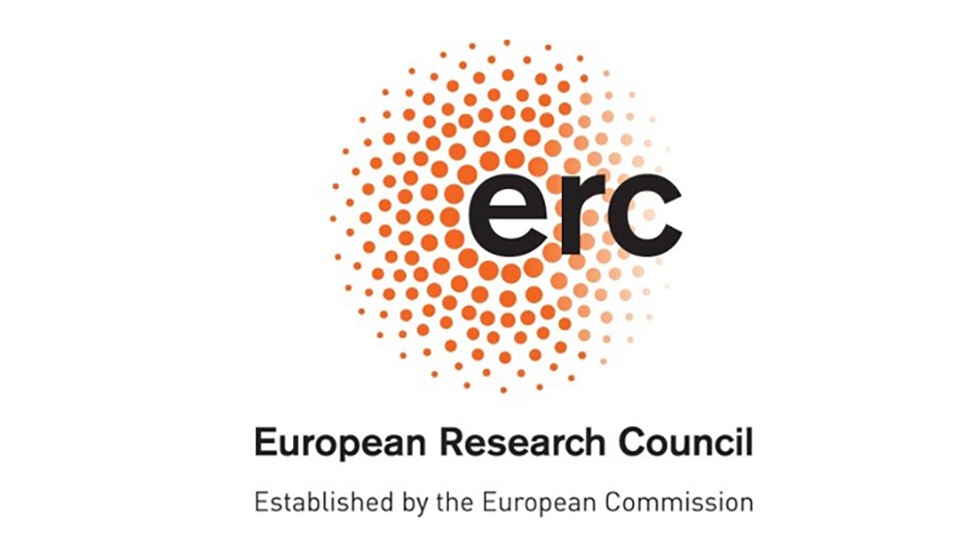European Union
The European Union funds research in a variety of ways as part of Horizon Europe, an ambitious 95.5 billion euro research and innovation programme to succeed Horizon 2020. Its funding programmes include support for collaborative research projects as well as individual measures such as Marie Skłodowska-Curie Actions and ERC Grants.

Horizon Europe – the most ambitious EU research and innovation programme ever
Horizon Europe is the European Union’s main instrument for promoting research, technological development and innovation until 2027. It is the EU’s biggest ever research and innovation programme, with 95.5 billion euros of funding to be made available over 7 years. The various Horizon Europe programmes will contribute significantly to making the European research landscape better interconnected and to creating a European Research Area (ERA), while helping achieve the UN’s Sustainable Development Goals and boosting the EU’s competitiveness and growth.
The budget is divided amongst three pillars and an additional fourth part:
- Excellent science
- Global challenges and European industrial competitivenes
- Innovative Europe
- Widening participation and strengthening the European Research Area
Over 25 billion euros is being made available for excellent science. These funds will be allocated to various programmes:
- The European Research Council (ERC), an EU body that aims to promote frontier research by outstanding researchers, receives the largest budget in this area, namely 16 billion euros
- 6.6 billion euros is being made available for Marie Skłodowska-Curie Actions, a programme that primarily aims to improve researcher mobility and career development
- More than 2.4 billion euros is being provided for research infrastructures
This funding is used to support projects in research and development in the European Union and associated countries. Researchers, developers and research institutions receive direct financial support, usually in the form of grants.
Facts and figures
Budget: 95.5 billion euros (2021–2027)
4 key areas: excellent science, industrial competitiveness, innovation and the European Research Area
Excellent science with a budget of over 25 billion euros
The two programmes ERC and Marie Skłodowska-Curie Actions award funding for researchers at all career stages.
ERC Grants – support for excellent scientists
The European Research Council aims to support ground-breaking research in all research disciplines with ERC Grants.
- Starting Grants support research projects by researchers with 2–7 years of experience since completion of PhD with up to 1.5 million euros, and in exceptional cases up to 2.5 million euros, for a maximum period of 5 years
- Consolidator Grants support excellent researchers with 7–12 years of experience since completion of PhD with up to 2 million euros, and in exceptional cases up to 3 million euros, for a period of up to 5 years
- Advanced Grants finance pioneering research by outstanding researchers with a track-record of significant research achievements in the last 10 years with up to 2.5 million euros, and in exceptional cases up to 3.5 million euros, for up to 5 years
- Synergy Grants support groups of 2 to 4 outstanding researchers and their teams with up to 10 million euros, and in exceptional cases up to 14 million euros, for a maximum of 6 years
- Proof of Concept grants support researchers in one of the ERC main grants with 150,000 euros for a period of up to 18 months
Marie Skłodowska-Curie Actions – the EU flagship programme for doctoral and postdoctoral training
Marie Skłodowska-Curie Actions (MSCA) primarily aim to improve researcher mobility and career development. The MSCA offer a variety of different sponsorship programmes, ranging from individual fellowships to (host-driven) institutional actions.
- Marie Skłodowska-Curie Postdoctoral Fellowships (PF) provide funding for postdoctoral researchers to spend 1 or up to 2 years conducting research in an EU member state or associated country (European PF), or for research stays lasting 2 or up to 3 years, of which the first 1 to 2 years will be spent outside Europe (Global PF)
- Marie Skłodowska-Curie Doctoral Networks (DN) implement doctoral programmes run by consortia consisting of universities, research institutions and research infrastructures, businesses including SMEs, and other socio-economic actors from different countries across Europe and beyond
- Marie Skłodowska-Curie COFUND co-finances new or existing doctoral programmes and postdoctoral fellowship schemes with the aim of spreading the best practices of the MSCA including international, inter-sectoral and interdisciplinary research training, as well as international and cross-sectoral mobility of researchers at all stages of their career
- Marie Skłodowska-Curie Staff Exchanges (SE) is designed to strengthen cooperation between academic and non-academic institutions and between Europe and third countries. Support is available for collaborations applied for by at least 3 partners from 3 different countries
- MSCA and Citizens aims to bring research and researchers closer to the public at large by organising the European Researchers’ Night. The European Researchers’ Night can be organised either by one single beneficiary or by several organisations constituting a partnership at regional, national or international level
National Contact Points for EU funding
Working on behalf of the German government, the Network of German National Contact Points for Horizon Europe offers free advice and information on EU funding instruments to potential applicants at German research institutions. The following services are provided:
- Individual advice on all questions concerning the application
- Legal and financial information with regard to grant preparation and project management
- Proposal writing and information events in Germany
The Network of National Contact Points for Horizon Europe in Germany is coordinated by the DLR-PT, the EU Bureau of the BMBF.
More information:
The German National Contact Points MSCA (NCP MSCA) and ERC (NCP ERC) provide information and advice relating to participation in the Marie Skłodowska-Curie Actions and funding provided by the European Research Council.
The European Liaison Office of the German Research Organisations (KoWi) offers information, consulting and training on EU research funding for any EU research project.
Funding programmes:
Marie Skłodowska-Curie European Postdoctoral Fellowships
Postdoctoral researchers of any nationality can enhance their qualifications and diversify their competences by conducting a research project at a research institution in Germany.

Research and Innovation Staff Exchange – RISE
PhD students can benefit from the EU mobility programme: RISE facilitates staff exchange between higher education institutions, research institutes and companies in different countries.

ERC Starting Grants
International postdoctoral researchers with 2 to 7 years of research experience can strengthen their research independence by establishing their own research team.

ERC Consolidator Grants
Postdoctoral researchers of any nationality can strengthen their research independence by consolidating their own research team at a host research institution in Germany.

ERC Advanced Grants
Established researchers of any nationality can carry out research projects at the frontiers of knowledge in all disciplines. Interdisciplinary projects are highly encouraged.
